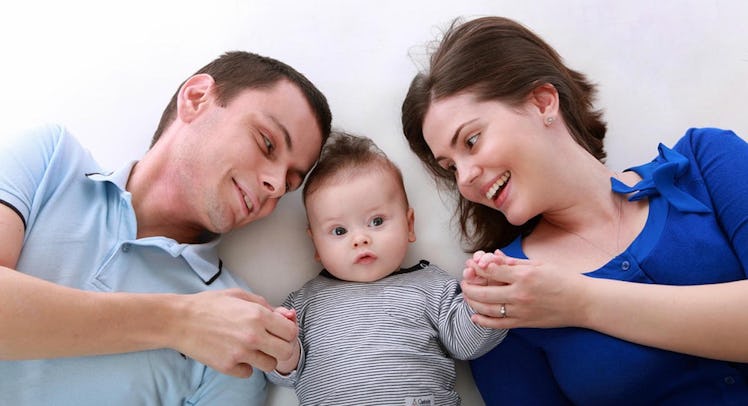Survey Finds That Youngest Siblings Are the Favorite Child for Most Parents
According to the survey, over half of parents who admitted to having a favorite child picked their youngest.

You will often hear parents say that they love all their children equally but a new study suggests that’s a bunch of baloney. In fact, many parents secretly favor their youngest kid over the rest. The insight comes courtesy of Mumsnet, a parenting website, which contacted 1,185 parents to find if they had a favorite child and if so, which was their favorite. The survey revealed while most parents would not admit to favoring one kid over the others, those that did overwhelmingly said that they preferred their youngest child.
According to iNews, only 23 percent of the parents surveyed said that they had a child who they would consider their favorite. And of the parents who admitted to having a favorite, 56 percent named their youngest child as their top choice. For most parents, the choice seemed to come down to convenience, as nearly half of parents who chose a favorite kid said they made the choice because that kid was less of a handful than their more “tricky and demanding” siblings.
But while parents may favor their youngest, a similar survey, conducted by Mumsnet’s grandparent-centric affiliate Gransnet, found that grandparents tend to prefer their oldest grandchildren over the others. After crunching the responses from 1,111 grandparents the survey revealed 42 percent of grandparents admitted to having a favorite grandchild and 39 percent of those that admitted to having a favorite said it was their oldest grandchild.
It might seem like parents admitting they have favorite kids could cause irreparable damage to a family but Mumsnet founder Justine Roberts told the Mirror that it can be a healthy topic to discuss if done properly.
“Favoritism is one of the last taboos and can provoke a lot of guilt, so it’s important to say that feeling a greater affinity for a particular child is fairly common, and doesn’t have to be disastrous,” Roberts explained.
This article was originally published on